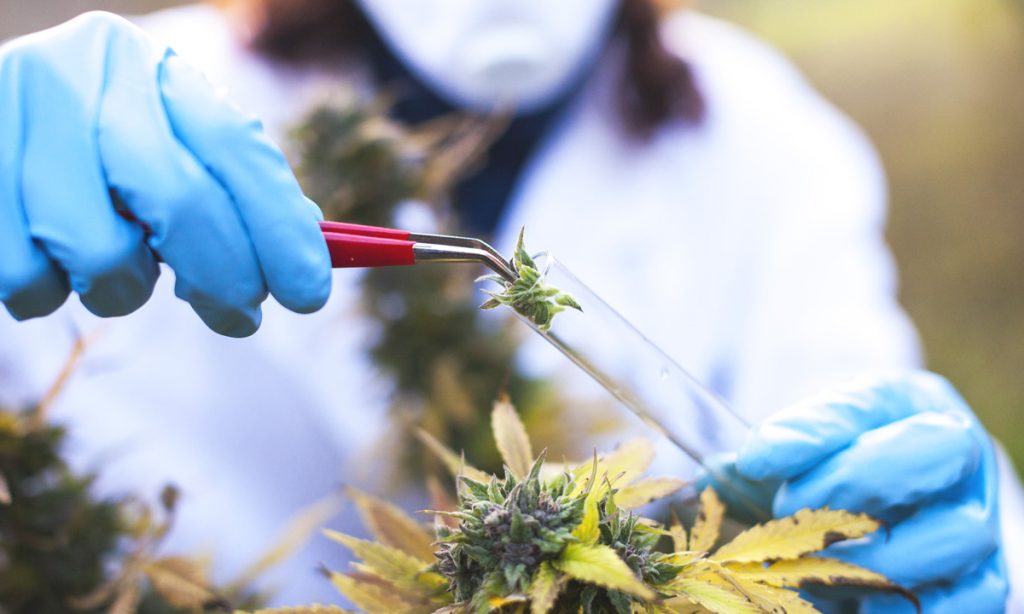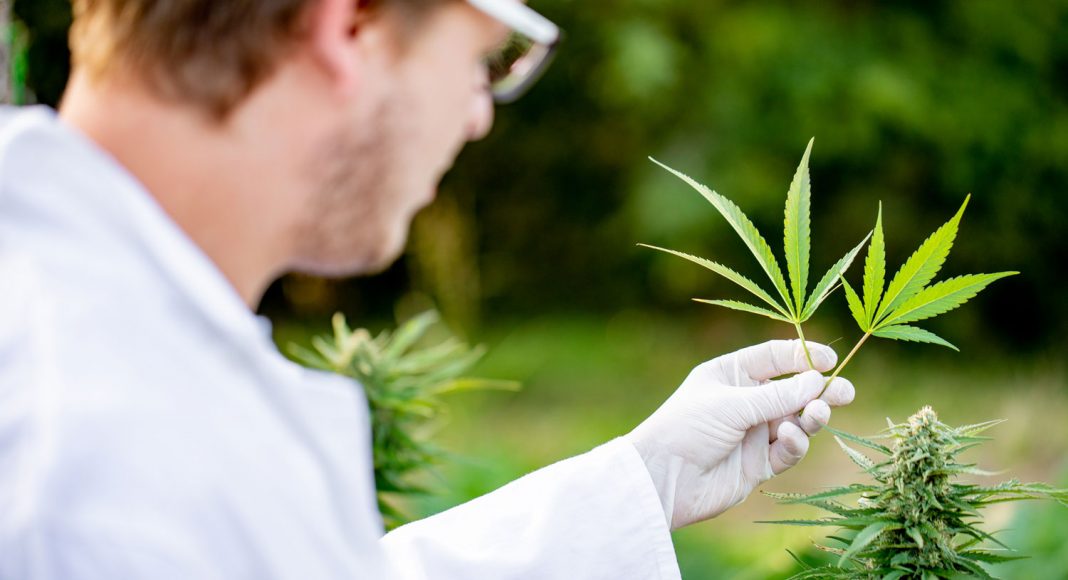The DEA announced plans to grant licenses to additional growers for marijuana research. In three years, no license has been approved.
Don’t expect people in power to back up their promises, kids. This week marks three years since the Drug Enforcement Agency (DEA) announced it would administer additional licenses for marijuana cultivations specifically designed for research purposes. While in previous years, blame was placed squarely at the feet of former Attorney General — and noted prohibition evangelist — Jeff Sessions, the excuses have run thin.
Legislators at the state and federal level have credited a lack of research for the reasons why they wouldn’t push through decriminalization or legalization measures. In addition, the marijuana currently available to researchers is grown by the National Institute of Drug Abuse at the University of Mississippi. Scientists have complained that NIDA’s cannabis is sometimes moldy and often comprised of blended marijuana flower, leaves, and stems, which isn’t ideal to conduct specific research.
RELATED: Can The ‘Costco of Cannabis’ Fix California’s Black Market Problem?
“We are still working through the process and those applications remain under review,” DEA spokeswoman Katherine Pfaff told STATS News.
But the actions from these federal departments reveal a contradictory nature. In a statement to STATS News, NIDA said “there has been no major increase in the level of demand for cannabis by researchers in recent years.” But just this month NIDA announced plans to grow its largest crop for marijuana research in five years and will also produce strains with varying levels of CBD and THC content, which wasn’t available previously. At the same time, the number of researchers who received NIDA marijuana totaled nine in 2010. But that number rose to 21 in 2017 and 20 in 2018, reports STATS News.
So are there more researchers who need more marijuana or not?

This all explains in part why one doctor who received NIDA marijuana is suing the DEA. Dr. Sue Sisley recently completed a landmark study on the effects cannabinoids have on veterans with PTSD. Her report will be published later this year, but Dr. Sisley fears her study’s results were compromised due to the quality of NIDA cannabis.
“Most scientists end up with this mishmash of different strains (including stem sticks, leaves etc)—all of it seems to get thrown into a grinder in overzealous effort to standardize the study drug batches for clinical trials,” Dr. Sisley said in a statement. “I’m arguing that by doing that, they’re overprocessing the plant and decimating the natural efficacy contained in the flowering tops.
Further, in controlled trials we issue patients the study drug by weight,” Sisley added. “So if the weight of study drug is being augmented with this extraneous plant material instead of just the dry flower/bud, common sense suggests how this dilution could harm the outcomes of efficacy data.”
RELATED: Matthew Gaetz, Our ‘Trumpiest Congressman,’ Is A Marijuana Research Crusader
Dr. Sisley argues in her lawsuit that the federal government has essentially created a monopoly around cannabis made available to researchers. If this cannabis isn’t to the quality found at dispensaries nationwide—which is the quality many patients following the conclusions of cannabis research will be using—then these federal organization are acting unlawfully.
“Maintaining only one federally legal drug supply for any clinical trials in the US has been a huge impediment to research because it’s not allowing scientists access to necessary options,” Dr. Sisley said. “We can’t just study from one supplier who seems to be limited from purchasing new genetics. And when there’s a monopoly for this many decades, it tends to breed apathy.
“That’s why I spend so much time educating about the limitations of this monopoly and the fact that if we could ever license other growers for research and have options for scientists, it could create a renaissance of cannabis research in the US,” she added. “We could regain our rightful place at the helm of the most important cannabis clinical trials in the world.”


